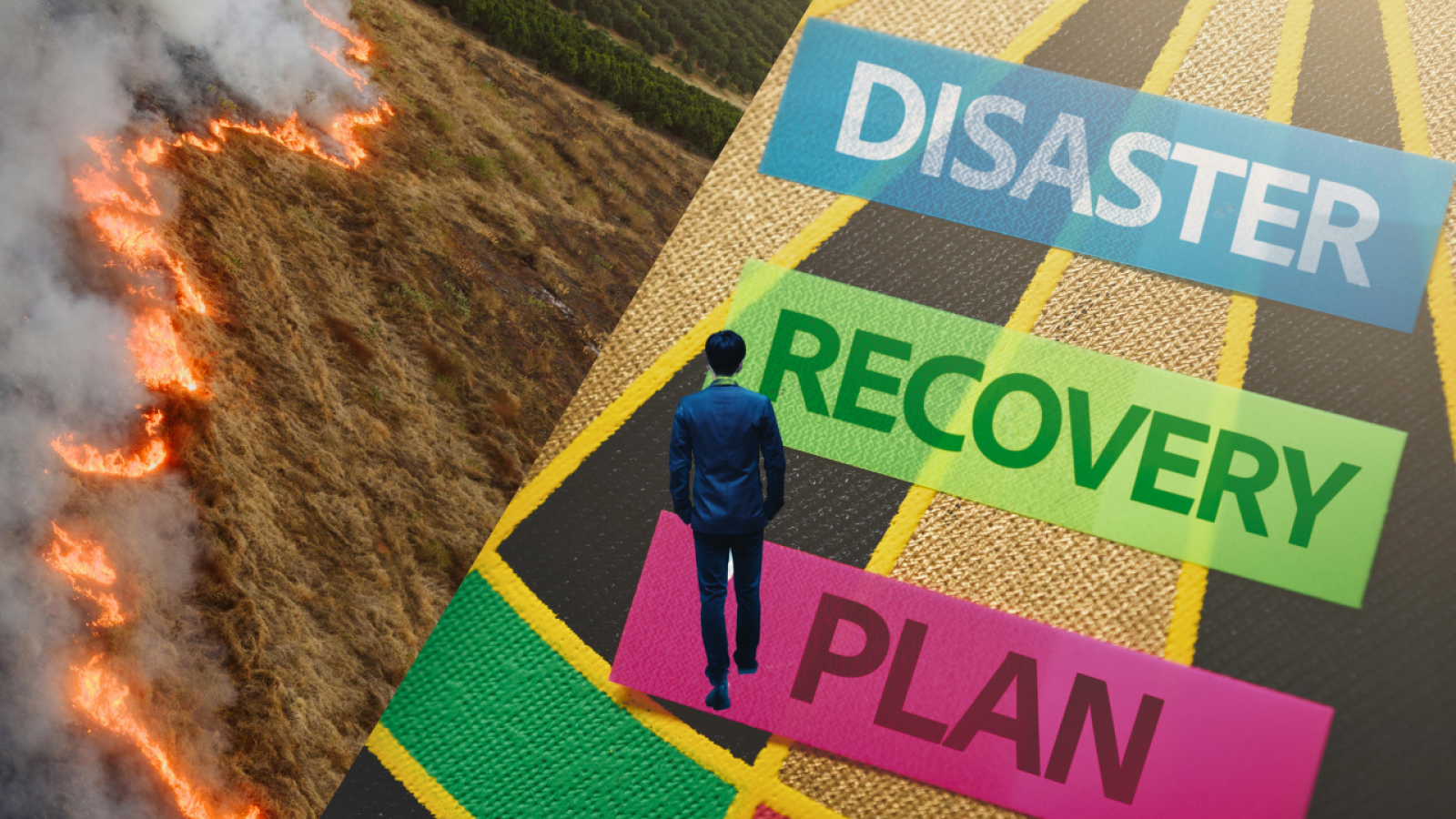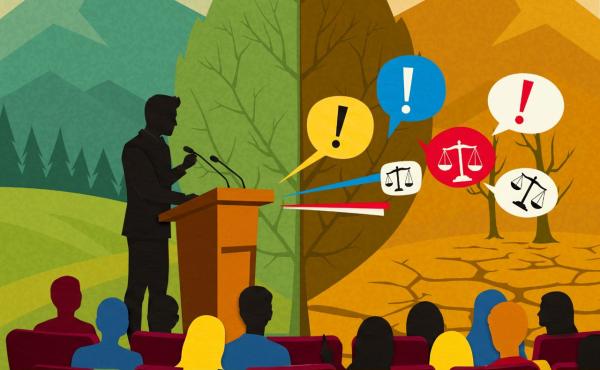
The ECGI blog is kindly supported by

Do Natural Disaster Experiences Make Directors More Prosocial?
Our paper investigates how personal experiences shape the prosocial values and decision-making of corporate directors, and how these individual preferences ultimately influence corporate climate policies. The central question we address is whether sustainability-oriented corporate policies arise from value-maximizing strategies or values-based motives.
A long tradition in economics and finance examines the origins of prosocial behavior and its implications for organizations (Navarro, 1988; Bénabou and Tirole, 2006, 2010). Individuals differ in the extent to which they care about others’ welfare, and these preferences influence not only private actions but also corporate outcomes. In governance settings, where directors and executives make policy trade-offs between shareholder returns and societal welfare, such heterogeneity can be especially consequential.
Recent research emphasizes that life experiences are powerful, long-lasting determinants of preferences and beliefs (Malmendier and Nagel, 2011; 2016; Malmendier and Wachter, 2024). People who have lived through economic crises or social trauma often carry these impressions into later decisions—as consumers, investors, or corporate leaders. Extending this logic, the paper asks whether exposure to abnormally devastating natural disasters shapes corporate directors’ attitudes toward addressing climate risk and their firms’ environmental behavior.
The paper identifies Directors with Abnormal Disaster Experiences (DADEs) as such individuals and posits that these directors may develop stronger prosocial or altruistic preferences. These preferences motivate DADEs to steer firms toward more sustainable environmental policies. Alternatively, these salient disasters could simply serve as informational shocks, heightening perceived climate risk and prompting value-maximizing mitigation. Distinguishing between these two mechanisms—values versus value—is central to the paper’s contribution.
The study combines multiple rich data sources. Disaster exposure is measured using the Spatial Hazard Events and Loss Database for the United States (SHELDUS), identifying county-level events that caused more than $1 billion in 2022 dollars of property or crop damage. These disasters are matched to directors’ past employment histories (excluding current boards) from BoardEx, allowing us the opportunity to trace where and when each director might have been directly or indirectly affected. Firm-level climate outcomes are captured using S&P Trucost data on greenhouse gas (GHG) emissions and CDP (Climate Disclosure Project) data on formal climate policies, such as board oversight structures or managerial incentives tied to sustainability performance. The final sample includes publicly listed U.S. firms across industries.
Before turning to corporate outcomes, we first validate that DADEs indeed display greater prosocial tendencies. Using BoardEx data on extracurricular affiliations, DADEs are shown to be significantly more likely to serve on nonprofit and charitable organizations. This pattern provides direct evidence that disaster exposure correlates with altruistic orientation—consistent with the preference-based rather than purely informational mechanism.
At the firm level, boards with more DADEs exhibit lower GHG emissions and a greater likelihood of formal climate governance structures. Quantitatively, adding one DADE per ten directors corresponds to a 3 percent reduction in scope 1 and 2 emission intensity (metric tons per dollar of sales) and a 6 percent higher probability that the board has explicit oversight of climate policy. These magnitudes are economically large and robust to extensive fixed-effects and control specifications. Crucially, the results are driven by independent directors, not executives or inside directors, and are unaffected by CEO power. This strengthens the interpretation that DADEs independently influence climate policies rather than serve as instruments of managerial preference.
The analysis further reveals that the channels of influence run through specific board committees. The association between DADEs and lower emissions is concentrated among firms where these directors serve on governance, audit, or ESG/sustainability committees, but not on compensation, finance, or risk committees. This committee-specific pattern suggests that prosocial orientation manifests where board duties align with stakeholder accountability and transparency, not where mandates are narrowly financial.
The effect of past experiences accumulates over time. Directors who have faced multiple major disasters throughout their careers have roughly twice the impact on emission reductions compared to those whose exposure occurred only recently. This temporal pattern echoes the literature on long-memory effects of personal history: formative experiences leave durable imprints on decision-making and risk perception.
Several robustness checks reinforce our interpretation. The observed relationships hold only for salient, high-damage events (>$1 billion) and vanish for smaller, less visible disasters, implying that true emotional or community salience matters. Effects are stronger among large and heavy emitters, where climate externalities are most material to society, again consistent with a prosocial motivation. Importantly, the findings are not driven by recent attention to climate change or by post-2015 regulatory shifts (e.g., Paris Agreement and the creation of the Task Force on Climate-Related Financial Disclosures). Thus, the results reflect enduring personal values rather than contemporaneous trends in ESG salience. The results also hold consistently in tests using the deaths of directors as an unexpected variation in DADE representation within firms.
The paper contributes to a growing literature linking individual experiences and values of corporate leaders to firm-level policy choices. The findings suggest that the moral and psychological legacies of salient personal experiences, especially those involving community loss and vulnerability, can meaningfully shape corporate behavior on environmental issues. From a governance standpoint, the results imply that directors bring to the boardroom not just expertise but also a prosocial orientation, both of which influence how firms balance shareholder and stakeholder interests. Moreover, by demonstrating that prosocially inclined directors can help firms reduce emissions without sacrificing financial performance, the study contributes to recent debates (Starks 2023) on whether sustainable policies can balance managerial self-interest, investor pressure, and genuine ethical commitment.
Overall, the paper advances our understanding of how salient personal experiences translate into collective corporate outcomes. It bridges behavioral economics, corporate governance, and climate finance by showing that the impact of disaster exposure can propagate from individuals to institutions. In doing so, it reframes corporate climate policy not merely as a response to risk or regulation but as an extension of human empathy and lived experience.
-----------
Sehoon Kim is an Assistant Professor of Finance at the Warrington College of Business, University of Florida.
Bernadette A. Minton is the Arthur E. Shepard Endowed Professor in Insurance at the Fisher College of Business, The Ohio State University.
Rohan G. Williamson is a Professor of Finance and the Bolton Sullivan and Thomas A. Dean Chair of International Business at the McDonough School of Business, Georgetown University, an NBER Research Associate, and an ECGI Research Member.
-----------
We thank Ran Duchin, Laura Field, Doron Levit, Denis Sosyura, Fei Xie, and conference/seminar participants at the 2025 University of Delaware Weinberg Center/ECGI Corporate Governance Symposium, the 2025 GRASFI conference, The Corporate Governance Academic Forum at the University of Toronto and Georgetown University. We also thank Elijah Broadbent and Ezra Daniel for excellent research assistance.
-----------
This blog is based on a paper presented at the First Annual Corporate Governance Academic Forum at the University of Toronto. Visit the event page to explore more conference-related blogs.
The ECGI does not, consistent with its constitutional purpose, have a view or opinion. If you wish to respond to this article, you can submit a blog article or 'letter to the editor' by clicking here.



